Tutorials
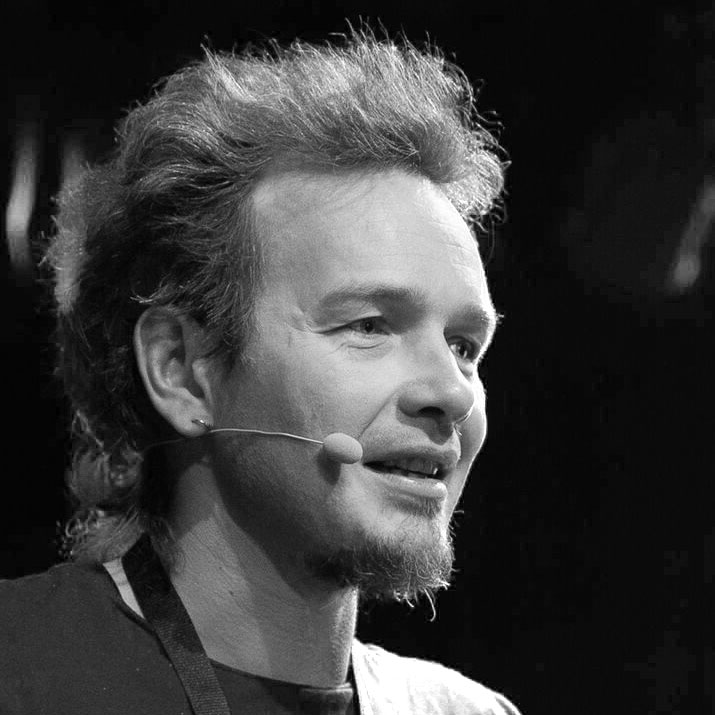
Introduction to Large Language Models
Andrey Kutuzov
University of Oslo – Norway
Mail: andreku@ifi.uio.no
Abstract: This tutorial aims to provide participants with interactive guidance on using and comprehending large language models (LLMs). The program offers attendees hands-on experience through exercises and demonstrations, enabling them to work effectively with these advanced systems. The tutorial covers a wide range of topics, including fine-tuning and prompting. With this tutorial, participants will develop the skills and knowledge to utilize LLMs effectively in different computational linguistics applications. This will also enable them to stay up-to-date with the latest advancements in this field and be well-equipped to tackle complex problems using LLMs.
Bio: Andrey Kutuzov is an Associate Professor at the Language Technology Group, University of Oslo, Norway. He also currently serves as the Norwegian on-site manager of the High-Performance Language Technology project. His main research interests are semantic change modeling, machine learning in NLP and large language models.
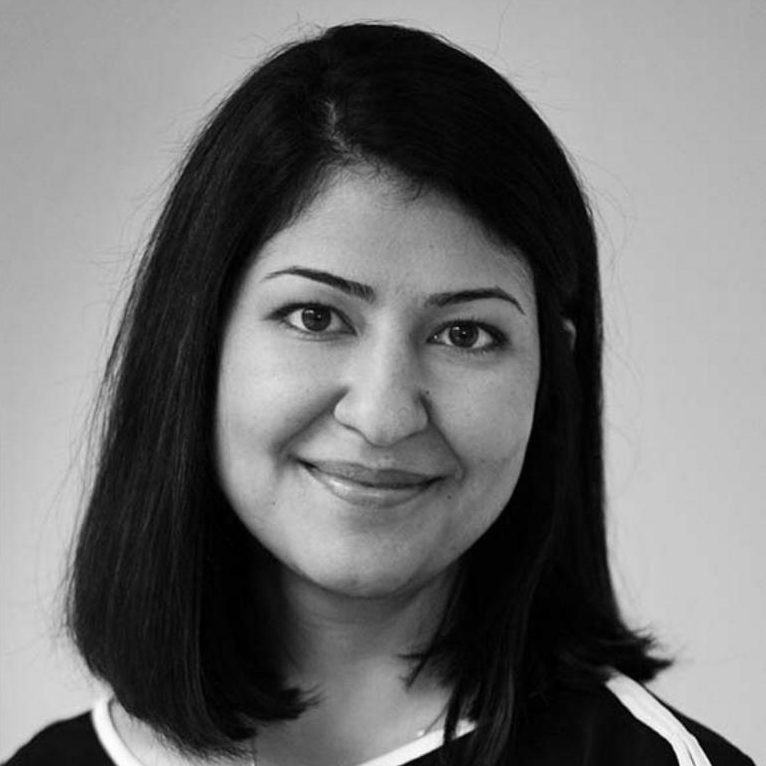
Computational methods for lexical semantic change detection
Nina Tahmasebi
University of Gothenburg – Sweden
Mail: nina.tahmasebi@gu.se
Abstract: This lecture will introduce computational modeling of semantic change (also called lexical semantic change), a phenomenon associated with the diachronic change of the meaning of words. Semantic change can be subtle while still having a large impact on interpretation of text. For example, not knowing that the English word girl referred to young people of either gender in a specific text changes the way in which we interpret the content. This lecture will provide an overview of the problem of semantic change and its consequences; introduction to computational current approaches, problems, and challenges in detecting lexical semantic changes; and finally, evaluation of the results.
Bio: Nina Tahmasebi is an Associate Professor at the University of Gothenburg (Sweden) who has developed theory, computational methods, and evaluation for semantic change during the past 16 year. She is the PI of an RJ-funded research program “Change is Key!”, a 6-year program that will develop computational methods for detecting language change to facilitate the study of contemporary and historical societies. She is also the founder and chair of the International Workshop on Computational Approaches to Historical Language Change series (LChange).

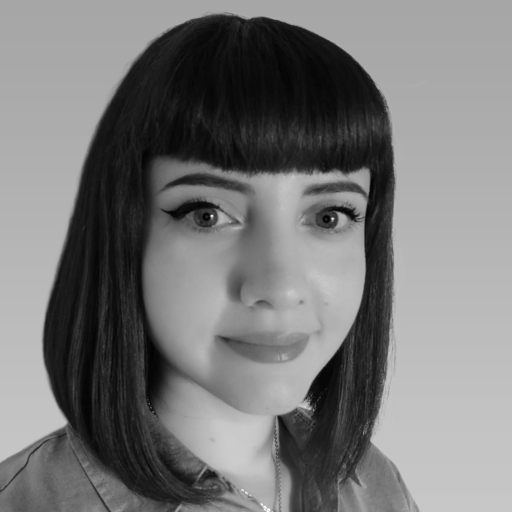
Hands-on Large Language Models
Marco Polignano & Lucia Siciliani
University of Bari – Italy
Mail: marco.polignano@uniba.it lucia.siciliani@uniba.it
Abstract: This laboratory is designed to provide participants with interactive guidance on using and understanding large language models (LLMs). The program offers hands-on experience through exercises and demonstrations, enabling attendees to work effectively with these advanced systems. The laboratory covers a wide range of topics, including fine-tuning and prompting. Participants will develop the skills and knowledge to use LLMs effectively in various computational linguistics applications, using techniques such as quantization and low-rank adaptation (LoRA). We will also cover topics on Question Answering through Contextual Learning and Retrieval-Augmented Generation. Practical examples of using these technologies to solve common NLP tasks will be provided, including classification, re-ranking, and summarization. This will enable laboratory students to stay up-to-date with the latest advancements in this field and tackle complex problems using LLMs.
Marco Polignano Bio: Marco Polignano is a senior Professor Assistant at the University of Bari Aldo Moro, Italy, and a member of the SWAP research group, where he specializes in AI, NLP, and Recommendation Systems. He has a Ph.D. in Computer Science and Mathematics and has contributed to various international conferences, such as ACL, EACL, EMNLP, IJCAI, ECAI, IUI, AIVR, RecSys, UMAP, and WWW. Marco has also played significant roles in organizing several events, including the Ai*iA 2017 conference, EVALITA 2023, NL4AI 2022/23, ACM UMAP ExUm 2020/24, and the ACM RecSys IntRS’ 2022/24 Workshops. Marco’s research interests include Information Filtering, Recommender Systems, Natural Language Processing, and Cognitive Computing. He has extensive experience in Artificial Intelligence, Machine Learning, and Content Representation, particularly in the context of big data. Marco participated in the Marie Skłodowska-Curie Research and Innovation Staff Exchange (MSCA-RISE) fellowship in 2016 and 2018. Recently, he was Visiting Professor at Otto von Guericke University of Magdeburg (OVGU) as an invited expert on Human-Computer Interaction through NLP.
Lucia Siciliani Bio: Lucia Siciliani is a researcher at the Department of Computer Science at the University of Bari Aldo Moro within the SWAP Research Group.
She is currently contributing to the PNRR project FAIR (Future AI Research), particularly in Spoke 6, which is focused on the development of advanced Symbiotic AI systems. She attained her PhD in Computer Science in February 2021. Her main research interests are Natural Language Processing, Question Answering, and Knowledge Graphs.
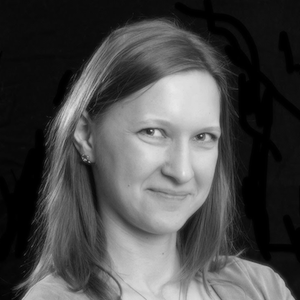
Cognitive evaluations of large language models: the do’s and the don’ts
Anya Ivanova
School of Psychology – Georgia Institute of Technology
Mail: a.ivanova@gatech.edu
Abstract: With the rise of large language models (LLMs), we are witnessing a proliferation of research in AI psychology—studies that present a cognitive test (often in language form) to an AI model with the goal of assessing its cognitive capabilities. What kinds of inferences are reasonable and unreasonable to draw from such studies? In this talk, I will discuss three case studies that highlight the challenges of interpreting LLM performance on specific cognitive assessments (commonsense reasoning, theory of mind, and syntactic agreement). We will then discuss the general methodological DOs and DONTs of running and interpreting LLM cognitive evaluations. Overall, the goal of the tutorial is to contribute to the broader discussion of best practices in AI psychology and psycholinguistics.
Bio: Anna (Anya) Ivanova is an Assistant Professor of Psychology at Georgia Institute of Techology. She got her PhD from MIT’s Department of Brain and Cognitive Science and carried out her postdoctoral training at MIT Quest for Intelligence. In her research, Anya is examining the language-thought relationship in humans and in large language models using a synergistic combination of human brain imaging, behavioral studies, and computational modeling.
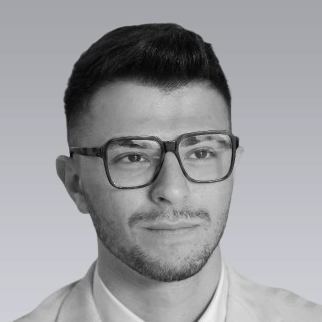
Computational methods for lexical semantic change detection
Pierluigi Cassotti
University of Gothenburg – Sweden
Mail: epierluigi.cassotti@gu.se
Abstract: The laboratory will provide a foundational overview of Distributional Semantics, highlighting the significance of static embeddings and BERT-based models in understanding the lexical semantic change. It will encompass both unsupervised approaches, such as similarity measures and clustering algorithms, and supervised approaches that utilize temporal information. Additionally, the laboratory will include hands-on session on Lexical Semantic Change (LSC) models, Diachronic Word Usage Graphs (DWUGs), and evaluations strategies. The discussion will extend to models based on Word Sense Disambiguation and generative models, offering a comprehensive understanding of the current methodologies and their applications in detecting and analyzing semantic change.
Bio: Pierluigi Cassotti is a researcher at the University of Gothenburg (Sweden) within the Change Is Key! program. His research aims to bridge the gap between natural language processing tools and diachronic linguistics, focusing on the development of models for Lexical Semantic Change Detection and the creation of resources for the diachronic analysis of language.

